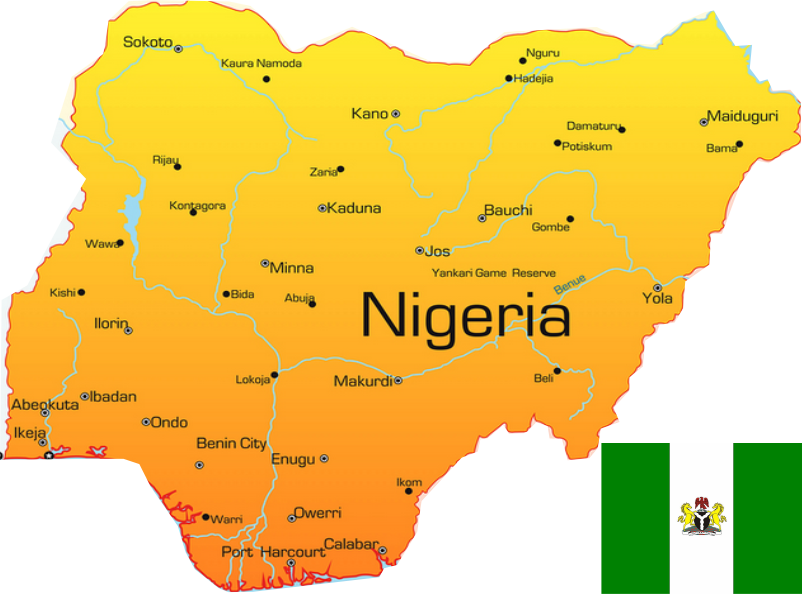The world bank released her latest Doing Business report for 2016 and results revealed that it is more difficult to conduct business in Nigeria in 2016 than it was four years ago. A total of 189 countries were surveyed on 11 regulatory areas ranging from registration of business, procuring construction permits to paying taxes. In 2012 Nigeria ranked at 120th position, today, we stand at 169th position, one up from last year and just ahead of Yemen.
With release of this report President Buhari swung into action and gave consent to the formation of a presidential commission to improve the ease of doing business in Nigeria. No doubt, this is needed and I commend President Buhari. Notwithstanding, it is necessary for the new commission to look at a number of issues such as regulatory processes, laws in the formation of regulatory agencies and also facilitate new measures to alleviate the agony of investors.
For instance, one key area I would like the commission to look into is the process of procuring construction permits. On average, it takes 116 days in Lagos, Nigeria’s economic capital, compared to 77 days in Kigali, Rwanda to secure a construction permit. Both countries are in sub-saharan Africa. While there are 17 procedures that should be fulfilled in Nigeria before a permit can be obtained, it takes only 11 procedures in Rwanda. In Lagos, one needs 4 certificates of structural stability at each stage of construction – foundation, first, second and third pour of concrete – totaling 28 days in duration. Definitely this needs review. Are they no other innovative methods of assessing structural integrity within a shorter time frame?
Furthermore, most of our regulatory bodies were set up two to three decades ago and the laws accompanying their existence need amendment. Therefore, the new commission should also work with the national assembly to intensify speedy passage of bills and acts. Some of the bills which need urgent legislative intervention include Company and Allied Matters Act, Tax and Revenue Bill, Ports and Harbour reforms Bill, The railway sector reform Bill amongst others. The senate president in february recapitulated the necessity of these bills in stimulating the economy. Currently, some of these bills are at the respective committees in the national assembly and we eagerly await their conclusions and recommendations.
In May, Speaker Dogara expressed concerns about tax evasion. He lamented why so many Nigerians do not pay taxes. Of course, the problem of tax remittances cannot be apportioned to Nigerians alone especially when the tax system is cumbersome and tedious. For example, in the 2016 report, it takes 956 hours (39 days) to complete 59 tax payments in Lagos, contrast with 109 hours (4.5days) to complete 25 tax payments in Rwanda. Why? This is a question for the new commission. No investor wants to spend productive hours filing paperwork. Time is hard cash.
I believe President Buhari has taken the right decision and his resolve to improve the harsh business climate is commendable. I am enthusiastic and hopeful that those who will be chosen and saddled with the responsibility of this high profile commission will ensure Nigeria reclaims her spot as the top destination for investors.
. Okon Jr. is a medical doctor and can be reached via email at eddyeti2004@gmail.com.
Previous ArticleBreaking: Avengers strike again, hit Brass pipeline
Next Article Restructure Nigeria to save it, by Reuben Abati


